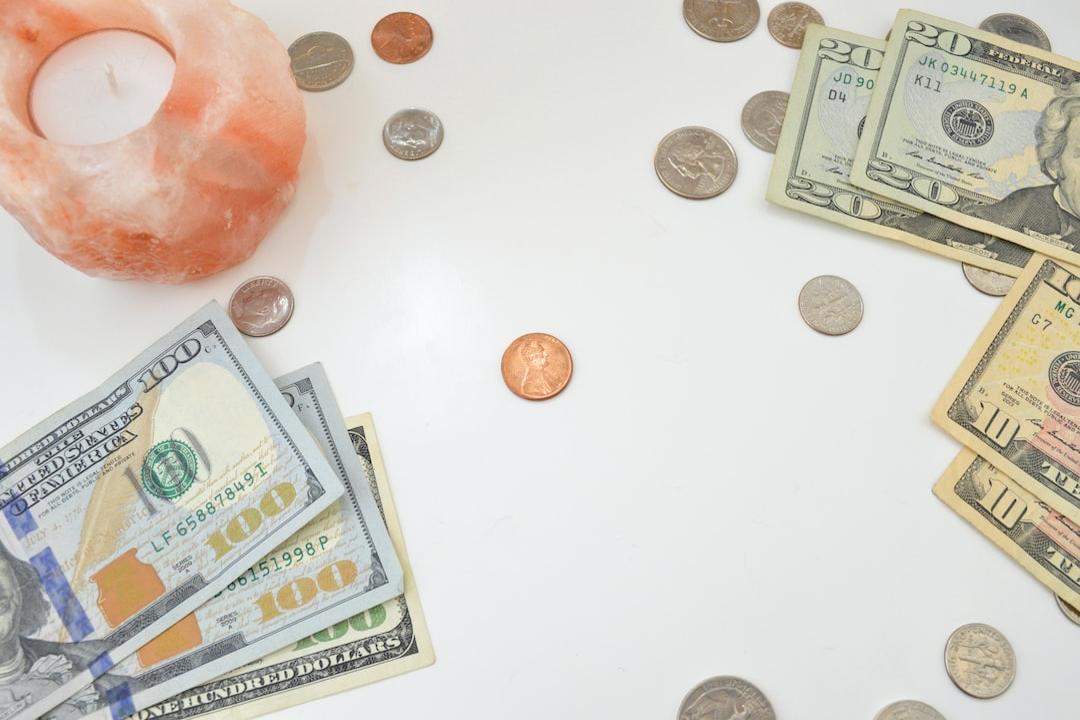Japanese baseball player Shohei Ohtani achieved an unprecedented feat in the Major League Baseball (MLB) this season, hitting 50 home runs and stealing 50 bases. The home run ball he hit for his 50th home run was recently sold for a staggering $4.39 million (NT$140 million). The buyer, however, is not American or Japanese, but from Taiwan. Ken Goldin, the founder of the auction company, revealed that the buyer is not Chung-Hyeon Gu, chairman of the Chinatrust Group, who is known for his long-standing enthusiasm for baseball, or Zhang Guowei, president of StarLux Airlines, who sponsors Ohtani’s team, the Dodgers. The answer turned out to be U-Quant Capital, a quantitative trading company located in Taipei 101.
Ohtani’s unprecedented 50-50 season
Shohei Ohtani is well-known for his ability to pitch and hit, a rare talent in baseball. While many players are capable of both pitching and hitting in their school days, very few can excel at both skills at the professional level. Ohtani is one of the rare few who has reached the top level in both pitching and hitting. Due to a torn ulnar collateral ligament, Ohtani gave up pitching this season and focused on hitting, achieving a record-breaking 54 home runs, 59 stolen bases, 197 hits, and 130 RBIs, with an OPS+ of 190, which represents that he surpassed 90% of players in the league.
The difficulty of achieving 50 home runs and 50 stolen bases lies in the fact that power hitters who are capable of hitting 50 home runs are not usually known for their speed on the bases. Ohtani’s success in stealing 50 bases demonstrates his exceptional explosiveness.
This season, Ohtani also advanced to the World Series with the Dodgers and is set to face the New York Yankees, a team familiar to Taiwanese fans, with the goal of winning the championship. On September 19 in the US, Ohtani went 6-for-6 in a game against the Miami Marlins, hitting three home runs. One of those home runs was the record-breaking 50th home run, marking the main focus of this article.
Statement from U-Quant Capital: AI system determines the purchase of the commemorative ball
Although Goldin Auctions stated that they would announce the buyer’s information after the World Series, discussions had already begun online, and Japanese entrepreneur Yusuke Tanaka shared the auction process in his YouTube video, expressing his utmost efforts.
On Friday night, U-Quant Capital released a statement:
“U-Quant Capital is dedicated to its investment business and fulfilling corporate social responsibility. This historic 50th home run commemorative ball is a holy grail in the hearts of many baseball fans around the world. We are honored to bring this baseball with significant historical value back to Taiwan and share this historic moment.”
They also revealed that the decision to acquire this meaningful ball was determined by an AI system that estimated its price. They stated:
“Our AI system continues to collect and calculate collectibles worthy of preservation, capturing the beauty of things. Ohtani’s influence on baseball worldwide is still growing, and we believe this decision carries great significance.”
They also expressed their willingness to cooperate with institutions in Taiwan and Japan to arrange public exhibitions for the ball.
Top high-frequency trading firm in Taiwan, reportedly U-Quant Capital earns over 200 million NT dollars per month
In fact, U-Quant Capital is not an unknown company. Its main business is algorithmic trading, with its headquarters located in Taipei 101 and 13 trading offices across three continents. The well-known financial podcast, Gucancer, has repeatedly mentioned U-Quant Capital as one of Taiwan’s top trading companies, covering strategies such as stocks, futures and options, individual stock options, ETF arbitrage, hedging, quantitative trading, and momentum.
U-Quant Capital’s distinctive feature is that it only uses its own capital for trading and has never raised funds externally. According to the official website, the company’s annual trading volume is equivalent to the total trading volume of a medium-sized brokerage firm’s clients or the trading volume of the top three brokerage firms’ proprietary trading departments.

